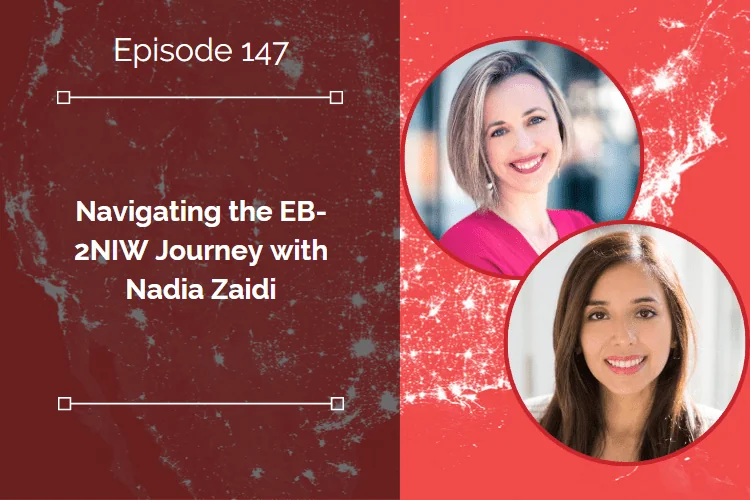If you’re looking for an employment-based immigration option that doesn’t require labor certification, look no further.
The EB-2NIW green card is a unique option that allows individuals to skip the labor certification process and obtain permanent residency in the US. It recognizes individuals whose work is in the US national interest, making it a great option for those born in India or China.
This pathway recognizes individuals whose work is in the national interest, making it a great option for those who may not qualify for other employment-based immigration categories. The best part is that the applicant doesn’t have to be extraordinary to be eligible for this type of green card, which makes it even more accessible.
In this article, we will explore the benefits of the EB-2NIW and how it has opened more doors for people seeking it.
What is the EB-2NIW?
The EB-2NIW is an employment-based immigration category that recognizes individuals working in the US national interest. This category allows for the waiver of labor certification requirements, meaning that applicants do not have to go through the lengthy PERM process.
The goal is to convince the government that the applicant’s future work is in the national interest, resulting in a green card. This option is available for those who are legally inside the US and maintaining status or residing in another country.
Navigating the Green Card Process
Obtaining an immigrant visa for a green card can take years, and it all begins with the National Visa Center. After submitting your application, the National Visa Center takes a few weeks to process and request medical documents. This process alone takes several months. Once completed, the consulate reviews the case.
In some cases, like in Kenya, teenagers may be included in the green card process. However, children typically age out at 21, though there may be exceptions based on how long they’ve been waiting. The child status protection act provides some protection and special calculations, but it’s important to start the process as soon as possible to ensure the best outcome.
Proving Extraordinary Ability
It’s easier to prove exceptional ability for an EB-2 than to prove extraordinary ability for an O-1 or EB-1. You have to meet at least three of the criteria and the criteria are different, and it’s a bit more specific and tangible than the EB-1A.
One can include letters from current, or former employers showing 10 years of full-time experience in your field. You also want to show that you’re well-positioned to further this endeavor. And the best way to do that is through experience.
The Three Prongs
The EB-2 visa category is a popular option for individuals seeking employment-based immigration to the United States. However, obtaining an EB-2 visa requires meeting certain criteria, known as the “three prongs.”
The first prong is proving substantial merit, which means that the applicant’s work has a significant impact on their field and industry.
The second prong assesses whether the applicant possesses the necessary skills and abilities to carry out their work in the US successfully.
Lastly, the third prong evaluates why hiring a foreign national would not negatively impact American workers. This means that applicants must show that they possess unique skills or abilities that cannot be found among American workers.
By meeting these three prongs of EB-2, individuals can increase their chances of obtaining this sought-after visa category and securing employment-based immigration to the US. If you want to learn more about Navigating the EB-2NIW Journey with Nadia Zaidi, check out https://www.alcorn.law/podcast/ilt147




